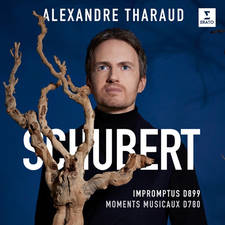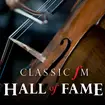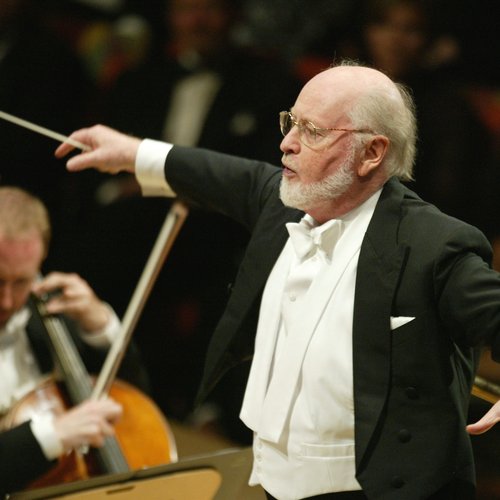A detailed musical analysis of why ‘Three Lions’ is the best football song ever written
9 July 2018, 20:47 | Updated: 10 July 2018, 09:56
It’s down to the winning combination of descending bass lines, uniquely English melancholy and a distinct lack of polished singing.
With England hurtling towards the final stage of the World Cup in Russia, the country has been capable of singing only one song: The Lightning Seeds’ (and Baddiel & Skinner’s) immortal sporting classic, ‘Three Lions’. There’s a real argument here for crowning it the best football song of all time, but why is it such a perennial belter?
Let’s get stuck in…
The descending bass line
Since musical notation was first scratched out onto parchment, the seductive qualities of a step-by-step descending bass line has tempted musicians into making their music sound melancholy. From Bach’s Air on the G string all the way through to ‘When A Man Loves A Woman’ by Percy Sledge, that simple motif of holding chords while the bass line does the work for you is an irresistible tool and, quite alchemically, works well for pieces and songs that rely on nostalgia and forelock-tugging.
With that in mind, consider the circulatory descending bass line for ‘Three Lions’. After the intro, step by step, it winds down underneath two harpsichord chords and continues to cascade further into the verse. It’s the perfect basis for a chorus that is built on the peculiarly English melancholy of their football team’s litany of disappointments in major international tournaments.
And there's some decent instrumental arrangement in there too - not only the harpsichord in the intro, but there's also a role for the French horn, that most traditionally heroic of instruments here given a purposefully meek yet hopeful counter-melody. Say what you like about New Order, they didn't have the guts to use a harpsichord and a French horn.

J S Bach: Air on the G string
The power of communal singing
The oft-cited reason for most football songs being rubbish (we’re looking at you, Ant & Dec) is that they don’t translate well to the terraces. In short, their blatant lack of ‘singalongability’. Ian Broudie of The Lightning Seeds (no stranger to terrace singalongs himself) keeps the ‘Football’s coming home’ refrain almost insultingly simple, restricting it to just four notes in the mid-tenor range ideally suited to the male-dominated football stadiums of the world.
Singing ‘Three Lions’ (and particularly that refrain) in a communal setting is a tribal act, the kind of social statement that can only be made through song. Especially in a time of societal turmoil, the uniting act of singing one very simple song about England being a bit rubbish at international football takes on transcendental significance. It is, in its purest form, something that everyone can do together and agree on. That’s the power of a good singalong. It’s telling that on the operatic stage, similar moments of communal catharsis are sung by the chorus - think of Verdi’s ‘Va, pensiero’ from Nabucco, otherwise known as the Chorus of the Hebrew Slaves.

Nabucco - Hebrew Slaves Chorus
The delivery matches the words
Aside from the musical hints of The Beatles’ ‘Penny Lane’ in the verses, there are countless lyrical devices that align ‘Three Lions’ even more closely with English nostalgia. Perhaps most importantly, it’s a song for the everyman. Drafting in Frank Skinner and David Baddiel, two men not chiefly known for the élan of their singing voices, affords the song still more universality, the sense that anyone could make a good fist of performing it. In the same way the very best performers of comic roles in Gilbert & Sullivan operettas are rarely the best technical singers, the key is in the intent more than the execution.
Combined with the lyrics themselves, which are uncommonly florid and evocative for a sporting song, and it’s a back-of-the-net composition. The careworn, homespun delivery of lines like ‘Three lions on a shirt / Jules Rimet still gleaming / Thirty years of hurt / Never stopped me dreaming’ only adds to their poignancy, the desire for footballing glory in the face of unreasonable expectation the driving force behind the performance, rather than nailing a key change or holding that vibrato in full chest voice. More than anything else, ‘Three Lions’ shows us that intention is everything - all you have to do is match it with appropriately sympathetic musical arrangement.

Three Lions (Football's Coming Home) (Official Video)


























